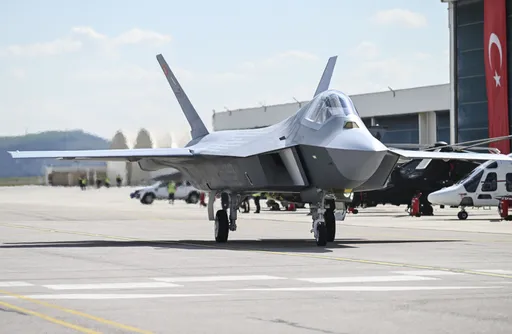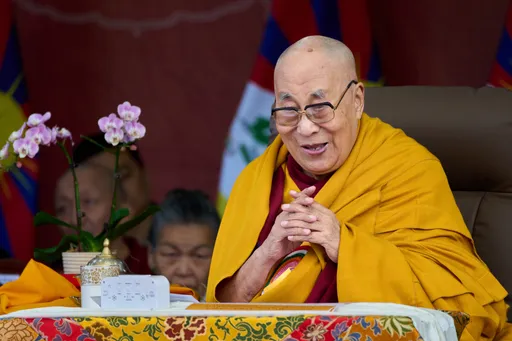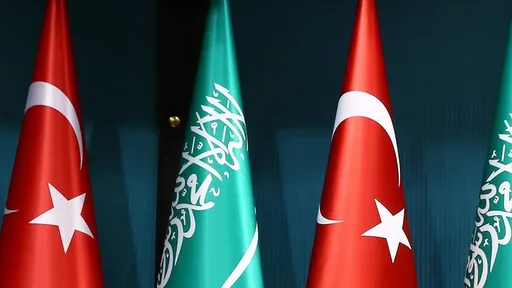Iraq is once again reeling under protests as the interim government of Prime Minister Mustafa al Kazimi struggles to bring economic reforms necessary to create desperately needed jobs.
At least six people were killed and dozens injured over the weekend in clashes between anti-government protestors and supporters of the fiery cleric Muqtada al Sadr in the southern city of Nasiriyah.
Seventeen years have passed since the US invaded Iraq promising to unlock the potential of the Organisation of Petroleum Exporting Countries (OPEC’s) second-largest oil producer.
But hardly anything has changed in the lives of the majority of the country’s 38 million people, who stand divided along sectarian and ethnic lines - exacerbated by the invasion and its fallout.
The last few weeks have seen rallies and protests breaking out in different cities to mark the one year anniversary of the October 2019 protests where hundreds of civilians were killed by security forces.
The Sadr-led bloc of lawmakers, Sairoon, has the largest representation in parliament and it backs al Kazimi’s government.
“I think this government has become far too ambitious. The prime minister is thinking about political ambitions beyond the election and perhaps winning a second term,” says Ali Al-Mawlawi, a Baghdad-based analyst.
“This has distracted the government from dealing with the immediate challenges at hand which are the pandemic and financial crisis.”
Kazimi took office at the head of a transitional government earlier this year. It came after the resignation of Adel Abdel Mahdi in the wake of the deadly protests and his administration’s mishandling of the situation. The country is preparing for yet another election next June.
Corruption and nepotism take their toll
Behind the recurring unrest is wide-spread dissatisfaction and anger over the ruling elite that has doled out government jobs to its supporters and drained the nation's oil wealth.
The World Bank says the twin shock of the coronavirus pandemic and collapse in oil prices has pushed millions of Iraqis into poverty.
Over the years, successive Iraqi governments have struggled to wean the country off its dependence on oil, which makes up around 90 percent of the state budget and almost all its exports.
Those revenues have taken a hit after the drop in the price of oil to the extent that Baghdad has difficulty paying government employees for the last two months.
While the frustration in Iraq over rampant corruption, political inertia and lack of basic services, such as clean drinking water is on the rise, experts say a lack of jobs has also pushed many young people to join the demonstrations.
Iraq has one of the world’s youngest populations. Many of them are out of work and look to family and friends for financial support.
Instead of taking tough decisions to strengthen institutions like the judiciary, which can enforce private contracts, politicians have used Baghdad’s oil wealth to reward supporters with jobs.
This has bloated the public sector; a large chunk of the government's budget of $80 billion is spent on salaries and pensions. This burden is set to increase as the country's population of 38 million increases by almost a million people every year.
This year, the cost of salaries for 4.5 million public sector workers and 2.5 million pensioners, will eat up all of Iraq’s oil revenue, according to the Iraqi finance ministry.
In October, the Finance Minister Ali Allawi released a white paper promising to cut government deficit and plug the holes from where corrupt officials siphon off state revenue.
Corruption has become endemic in Iraq. Only a tenth of the $8 billion in customs revenue reach the official coffers - the rest is pilfered along the way. That’s why even a minor job of a clerk in the customs department is being sold for as much as $100,000, Ali Allawi recently said.
While the oil revenue was spent on pacifying constituents, little has been spent on developing infrastructure to facilitate the private sector, which plays a miniscule role in the Iraqi economy.
“What’s mainly holding Iraq back is corruption and mismanagement,” says Mawlawi.























